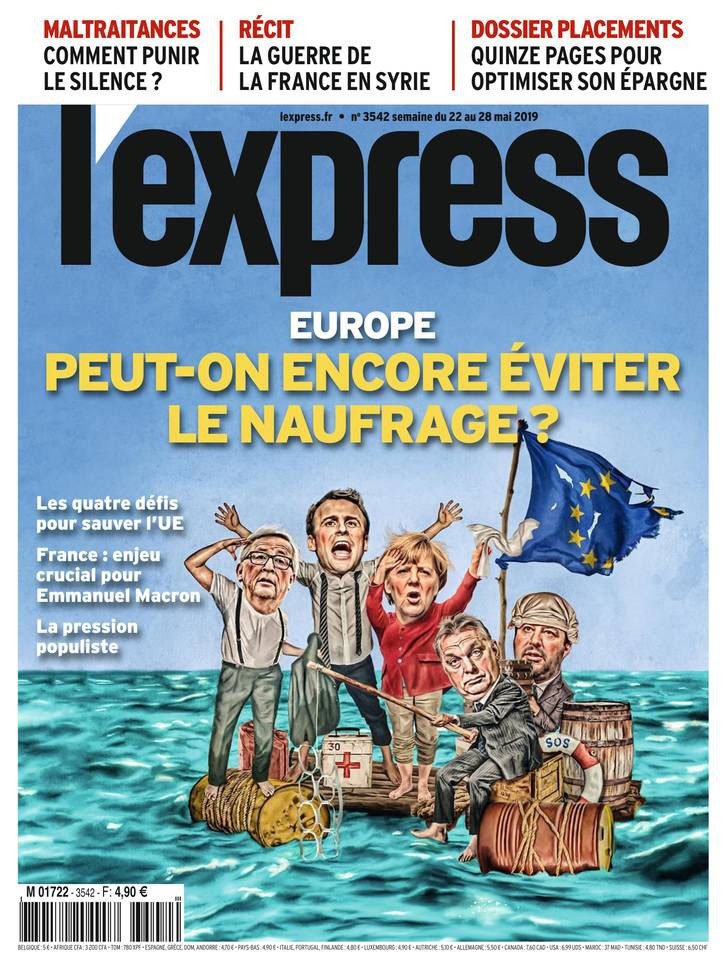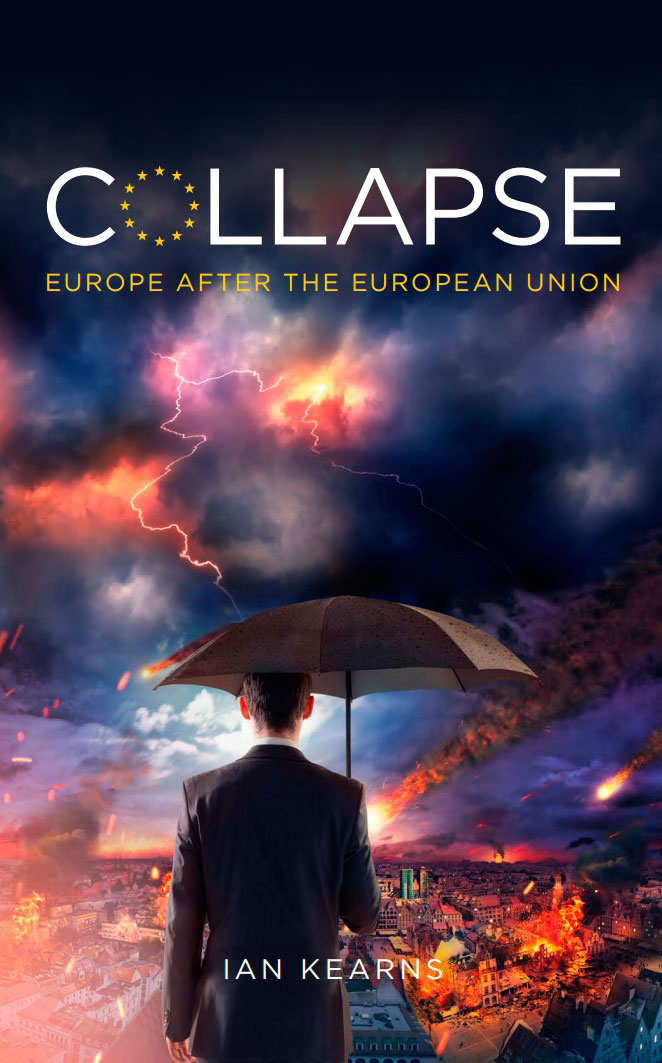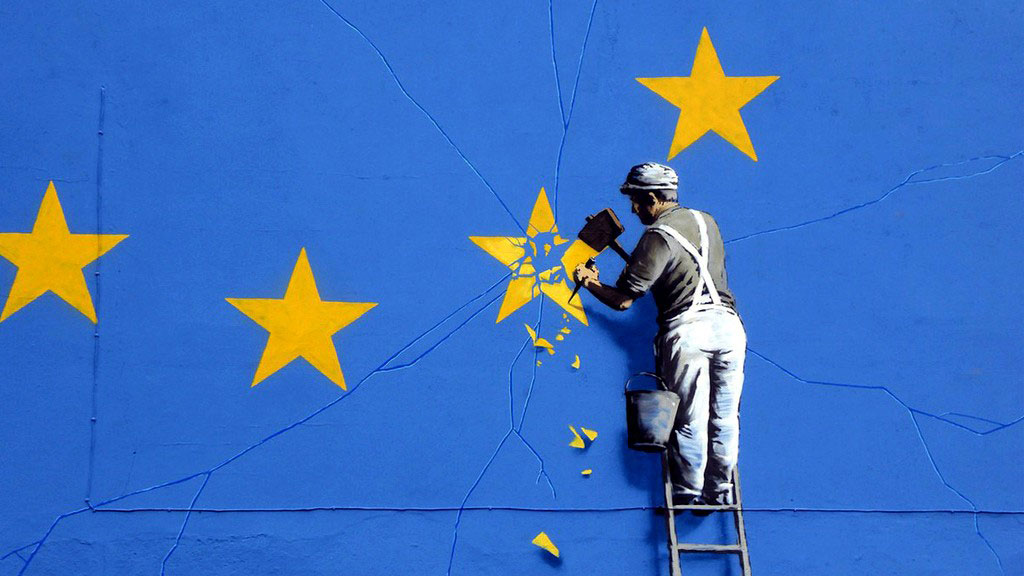O patrão da Geopolitical Futures faz o balanço das recentes eleições “europeias” e descodifica os seus resultados. Um requiem pelas ilusões de um “projecto” geopolítico que não tem nem nunca teve qualquer realidade geopolítica própria.
Europe Redefined
The European Parliament elections are a benchmark for a continent in flux.
By George Friedman | GPF | May 30, 2019
The biggest takeaway from the European Parliament elections, which were held last weekend, is that the political center continued its decadelong retreat. This election is a milestone in that regard, though it is difficult to articulate why, considering the European Union has no clear constitution that defines its institutions and its powers. Instead it is governed by treaties among nations. Treaties among nations are necessarily compromises, and compromises necessarily make for ambiguity. Some institutions are controlled by constituent governments, of course, through which democracy is mediated by domestic elections. But the European Parliament is the only institution in which the votes of EU citizens create the membership. The multiplicity of authoritative bodies and their overlapping powers only adds to the ambiguity.
From the beginning of the European project, few European governments were prepared to cede power to pan-European institutions. The European Union is not a multinational state. Yet the European Parliament reflects the idea of Europe as a single political entity. The rest of the European Union reflects the fact that it is the nation-states that have joined together in a treaty organization, the elected governments of those nation-states retain ultimate authority, collectively over the EU, and ultimately over themselves.
Before the Maastricht Treaty went into effect in 1992, there were several disagreements between European nations over policy issues, with many going their own way. These faded for a while but never completely disappeared. Nations occasionally chose to disregard European rules and go their own way, but they were bound together by their original ideology, which dictated simply that after two world wars of staggering horror, Europe sought an exit from its past. The creation of economic unions (one of the stipulations of the Marshall Plan) was designed to eliminate what was thought to be the fundamental cause of these wars: nationalism. The thought was that binding nation-states together economically would reduce the chance of war. It worked insofar as there were no wars, though that had as much to do with the general weakness and dilapidation of Europe as it did with the fear of battle.
(Continuar a ler em Europe Redefined)
Capa do L’Express em vésperas das últimas “europeias”…

Collapse – Europe after the European Union, por Ian Kearns

Ian Kearns (que em Junho passado abandonou o Labour para aderir aos Liberal Democrats) is the co-Founder of the European Leadership Network, a pan-European think tank with its headquarters in London, and author of “Collapse – Europe after the European Union”.
Exclusivo Tornado / IntelNomics

Receba a nossa newsletter
Contorne o cinzentismo dominante subscrevendo a Newsletter do Jornal Tornado. Oferecemos-lhe ângulos de visão e análise que não encontrará disponíveis na imprensa mainstream.



